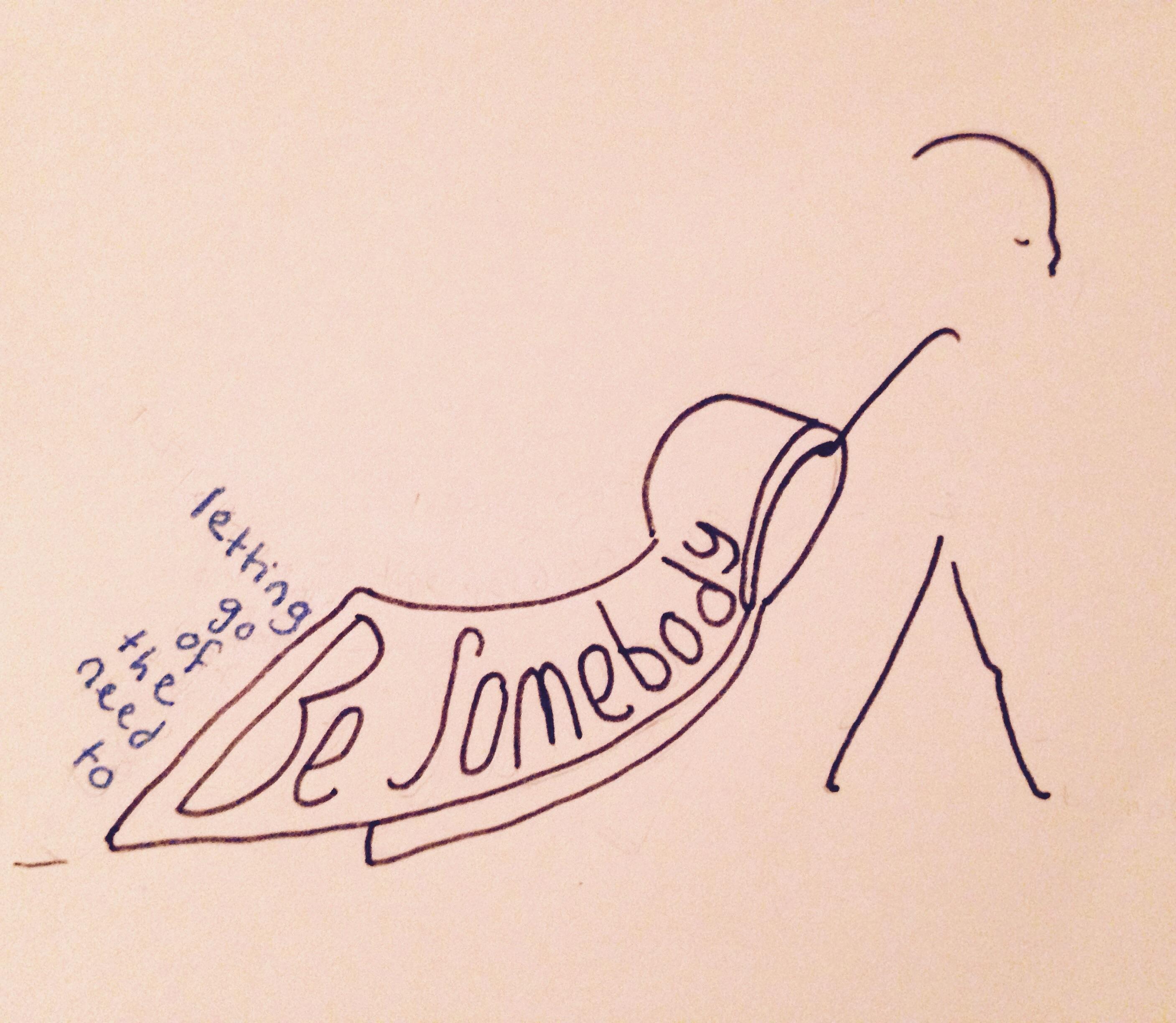Be Nobody

IMAGE OF THE WEEK

Consider this: We all know that it is in those moments when we completely lose ourselves — engrossed in a good book or movie, engaged in an all-consuming task or hobby, or immersed in our child's or lover's gaze — that we are truly happy. These experiences point to something extremely important: Our greatest joy comes when we vacate ourselves and give ourselves over to something or someone else. It is when we manage to 'stand outside of ourselves' (exstasis) that we experience ecstasy.
"True and deeply felt self-esteem comes not through the exhausting quest for more and more ego inflation. It comes only when the ego and its endless demands are quieted and quenched, when the lower self is emptied and the fullness and plentitude of the Higher Self arise.
"It is only when we stop narrating the play-by-play of our lives and actually start living in an unmediated and direct way that we become really present and fully engaged. It is only when that little voice inside our head finally shuts up that we become wholly assimilated with what's actually happening, and become truly happy.
"It is important to have a good, healthy sense of self-worth, and the point of being nobody is certainly not to become servile, a doormat on which others can trample. But thinking that we will feel fulfilled only if we become more special than others leads to an increase, not a diminishing, of anxiety and dissatisfaction.
"Wanting to be somebody unique — or somehow 'more unique than others' — is actually quite common: there's nothing special about wanting to be special. But it is this very drive for radical individuality and superiority that keeps us feeling isolated and alone. In the end, the willingness to let go and be nobody is what's really extraordinary, and it is the only means for real connection with others and communion with what is real."
Lama Marut (a.k.a. Brian K. Smith) is extensively trained in the spiritual traditions of India and Tibetan Buddhism. He holds a Ph.D. in Comparative Religion and taught for over two decades in the academic world, first at Columbia University and later at the University of California. He lived as a Buddhist monk for eight years and has served for the past fifteen years as a spiritual teacher to students around the world.
SEED QUESTIONS FOR REFLECTION: What does being nobody mean to you? Can you share a personal story of a time you experienced being nobody? How can we develop the ability to vacate ourselves?